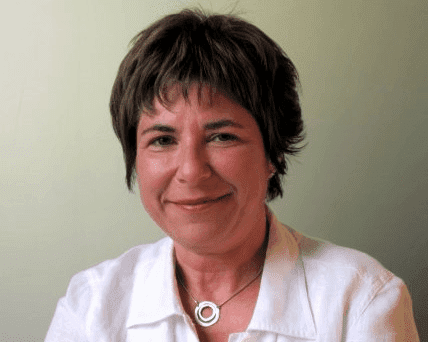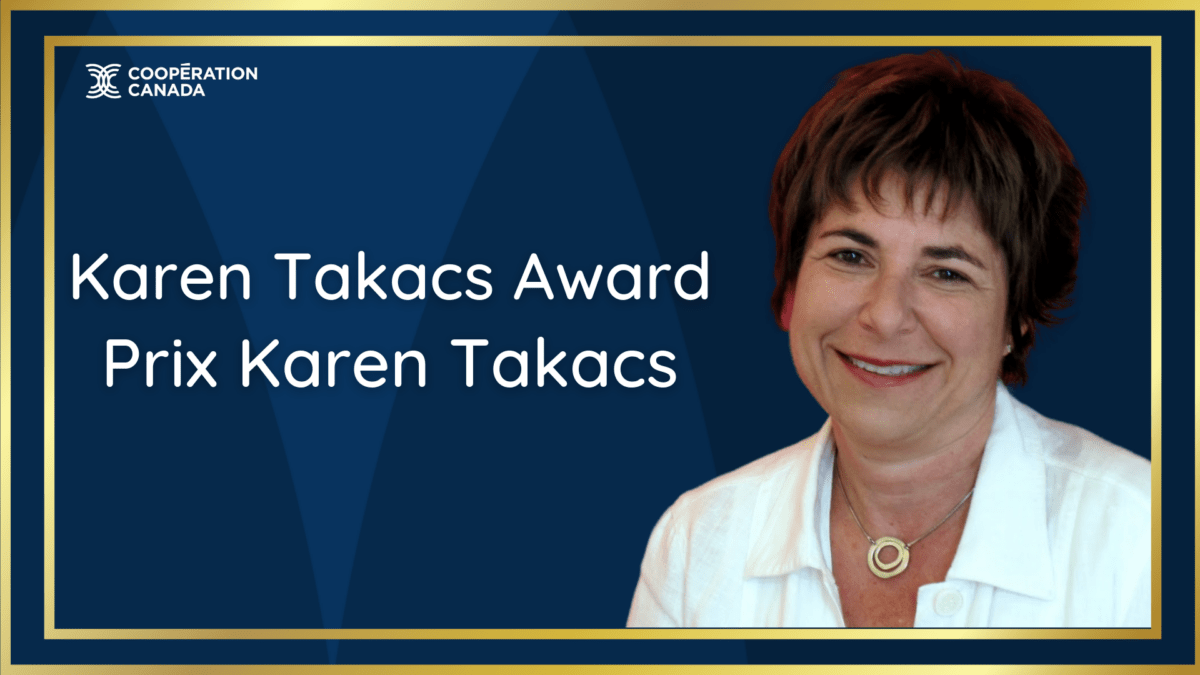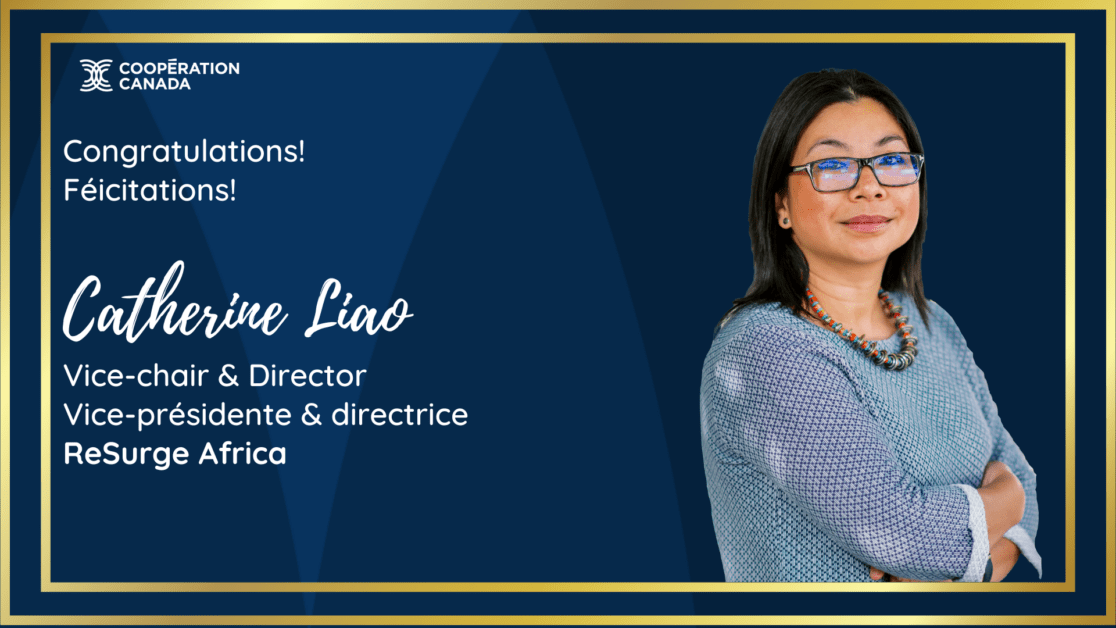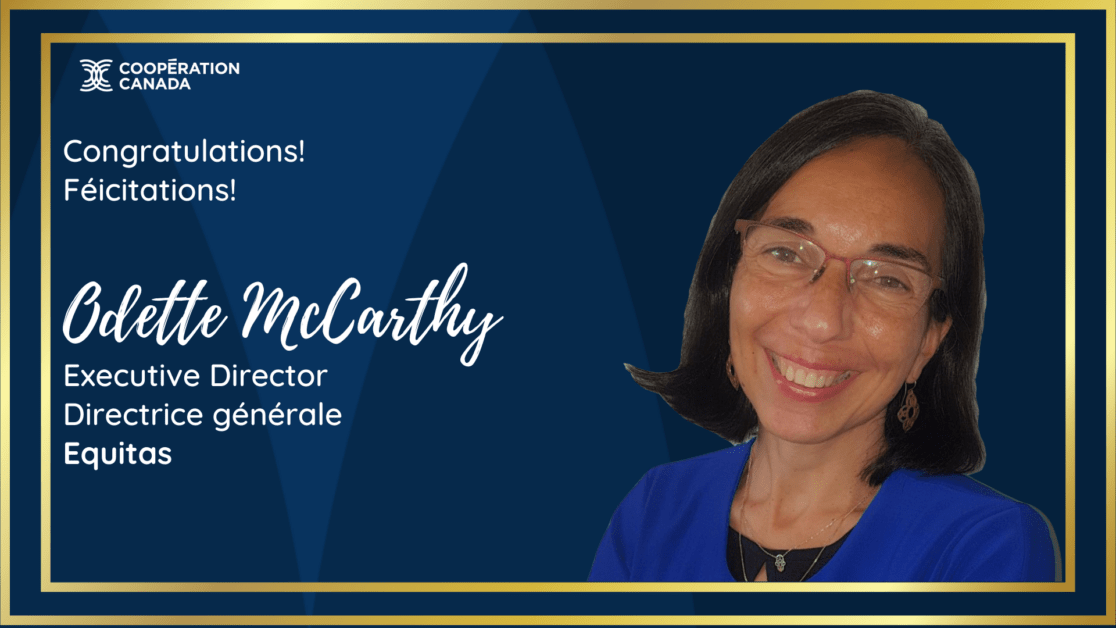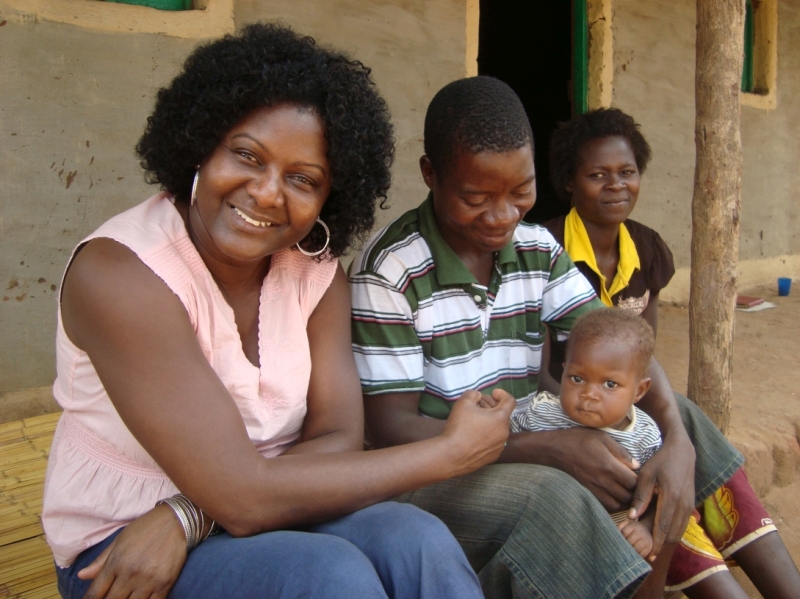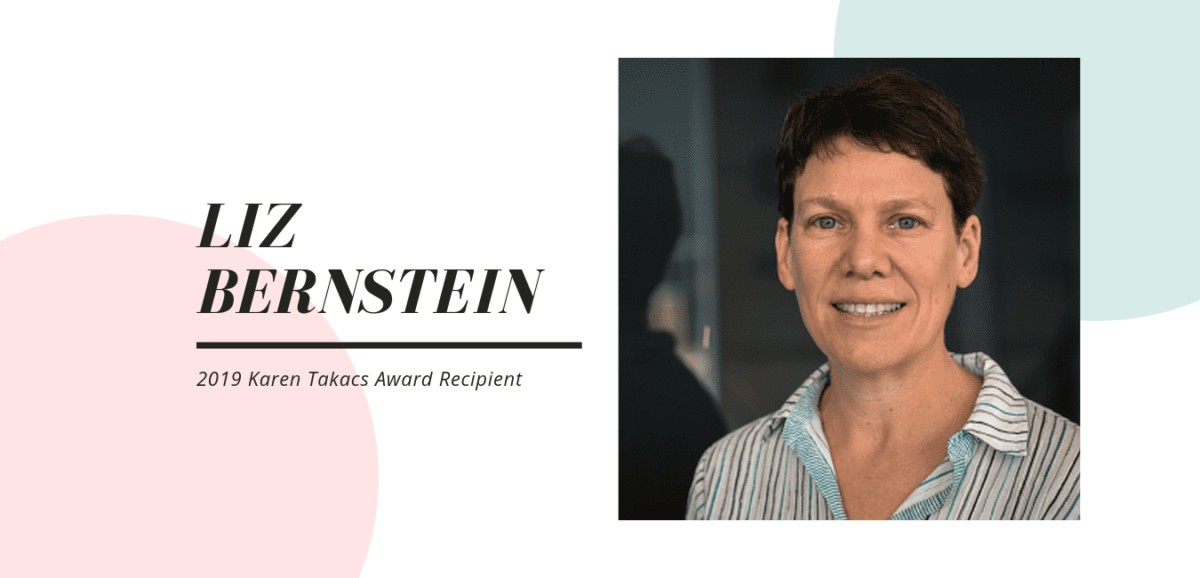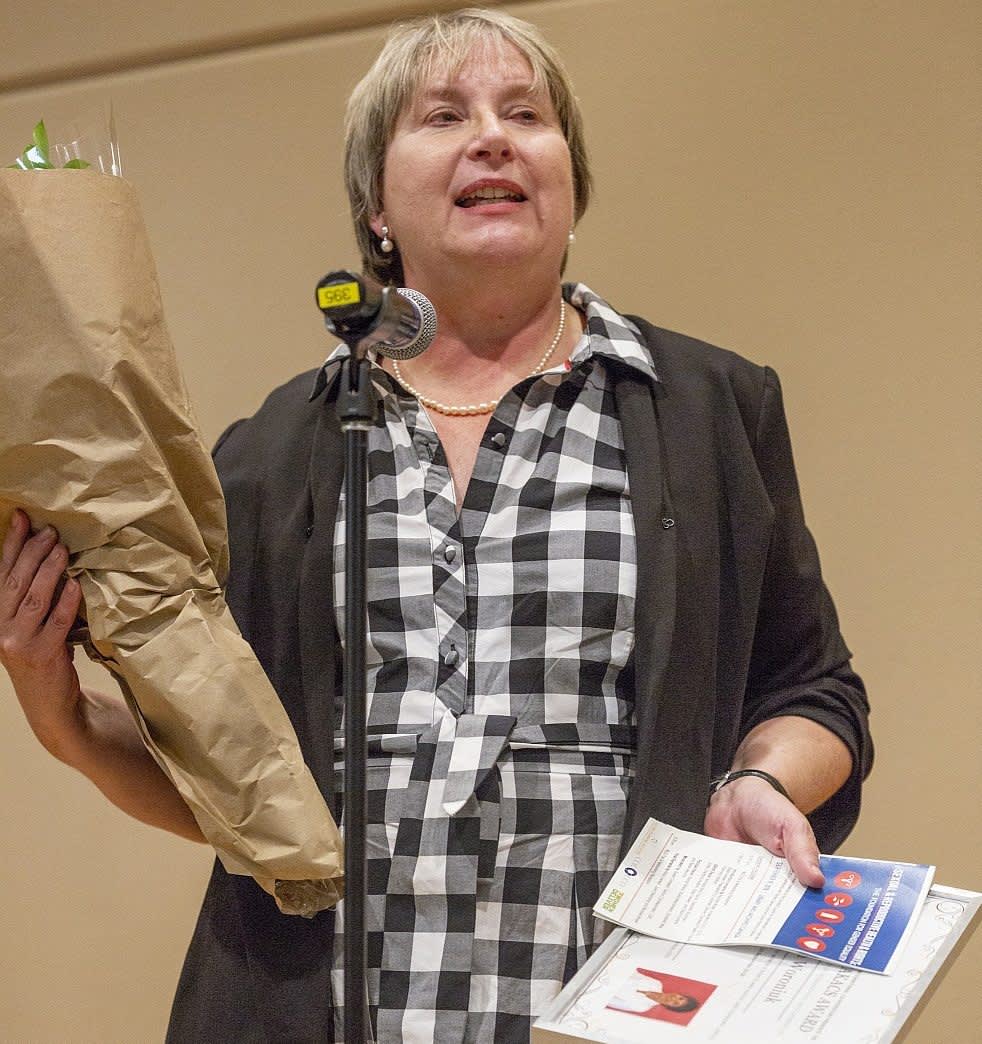Recognizing feminist advocacy and collaborative leadership in global cooperation
The Karen Takacs Award is presented by Cooperation Canada to an individual who has notably, by virtue of working collaboratively, made a difference in the lives of women globally. The award honours outstanding collaborative leadership and commitment to promoting women’s equality. As in previous years, the Karen Takacs Award winner is honoured during International Development Week and is given the opportunity to host a workshop to share acquired expertise and experience of collaborative leadership.
About Karen Takacs:
Karen Takacs was a celebrated and cherished leader of the Canadian international community. For over 20 years, Karen worked tirelessly to improve the lives and advance the rights of women and girls locally, nationally, and internationally. Karen was a catalyst for collaboration in the Canadian international sector. Throughout her life, Karen was admired for motivating and bringing people together around a common cause. By way of encouragement, generosity, and humour, Karen led by mobilizing and supporting others. Following Karen’s passing in 2015, Cooperation Canada created an award to honour her invaluable contribution to the fight for social and economic justice, and to celebrate the unique collaborative leadership she demonstrated throughout her career, including her time as Chair of the Board of Cooperation Canada. For the Canadian global development community, The Karen Takacs Award is a symbol of feminism, collaboration, advocacy, mentorship and resilience.
Nomination Process
Employees and volunteers of Cooperation Canada’s member organizations are invited to nominate individuals for this award.
Criteria for Selection
In order to be considered for the award, a nominee must:
- Identify as a feminist
- Be peer-nominated
- Be Canadian or residing in Canada
- Be a leader contributing to shifting power and finding new ways of working collaboratively with an intersectional lens, particularly in the current context of deepening inequity.
Expectations for Award Winner
- Attendance, either in person or by video, at Cooperation Canada’s International Development Week event
- Serve on The Karen Takacs Award committee for 1 year, following the receipt of the award
- The winner will be invited to host a leadership relevant workshop within the year the award is presented
Nomination Procedures
Nominations are received through completion of a form, that offers opportunities for a written or audio/visual submission. The committee will review nominations that include:
- Two nominees (peers)
- The nominee’s short biography
- Detailed examples and quotes demonstrating the nominee’s advocacy for women’s equality and collaborative leadership contributions. Nomination packages should give examples of the following:
- Evidence of the nominee’s contributions to feminist advocacy for women and girls
- Evidence of how the nominee has made a difference by working collaboratively
- Evidence of how the nominee has challenged power structures to combat inequity
- Evidence of how the nominee has influenced or inspired her peers
- It is also possible to add links to websites and articles or other documentation that describe and illustrate the nominee’s advocacy work and its impact, including testimonials from those benefiting from or witnessing the activism.
The call for nominations is open until December 15, 2023.
The committee will review the submissions and we will inform the nominees of the final decision in January 2024.
Past Recipients
2021 Recipient: Rita Morbia
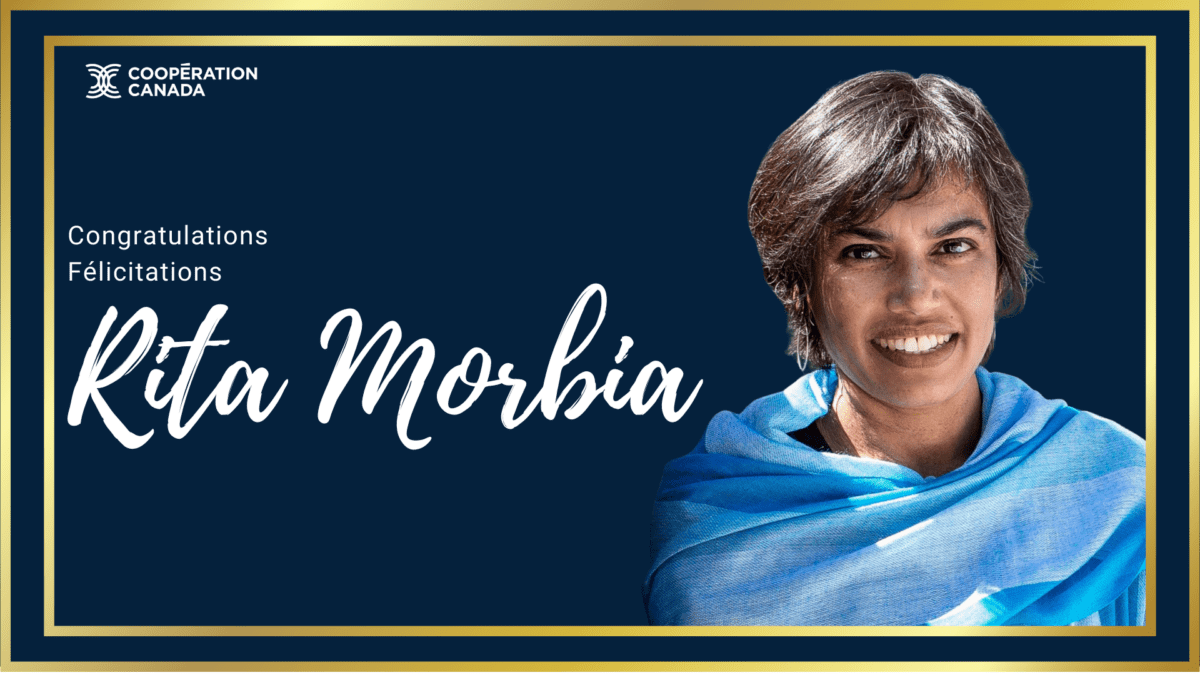
On February 9, Cooperation Canada presented the Karen Takacs Award to Rita Morbia for her outstanding leadership and commitment to the promotion of women’s equality. Rita exemplifies the qualities that Karen Takacs possessed; she actively promoted the movements for peace and democracy, women’s rights and indigenous self-determination.
2020: Zaida Bastos
Former Development Partnerships Program Director for the Primate’s World Relief and Development Fund (PWRDF)
Zaida Bastos (left) in Tanzania.
Zaida began working with PWRDF in 1998 and, over the years, served in several capacities, including as Africa Program Coordinator and External Funding Program Manager. Over the span of her career, she has worked for the Working Group on Refugee Resettlement, UNESCO in Paris and the United Nations Development Program in Angola. Zaida’s expertise focuses on community development, gender equality and organizational development and has worked to support effective training and the integration of prevention of sexual exploitation and abuse policies.
2019: Liz Bernstein Founding Director of the Nobel Women’s Initiative
2018: Beth Woroniuk MATCH International Women’s Fund, Women Peace and Security Network Canada
AND ALSO
Kate McInturff Canadian Centre for Policy Alternatives (received by her family)
2017: Patricia Erb former President and CEO of Save the Children Canada
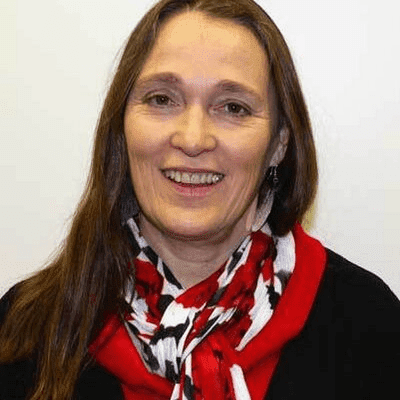
2016: Karen Takacs (received by her family)
